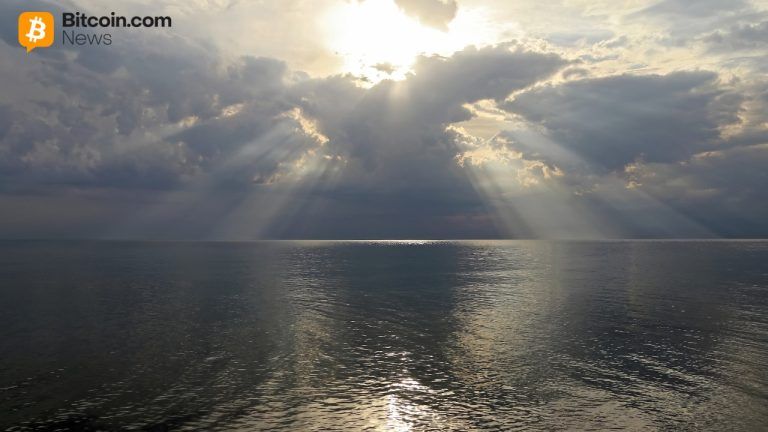Cities push for extreme heat to be added to FEMA disasters
2 min read

As cities like Phoenix, Dallas and New Orleans sizzle under record-breaking heat waves, issuers are pushing for passage of a bill that would add extreme heat events to the list of major disasters that are eligible for broad federal support.
The measure would allow cities and states — as well as hospitals and other health-care providers — to be reimbursed for cost of providing services like cooling centers and supporting homeless populations during heat waves. FEMA assistance has historically been key to protecting cities and states from ratings downgrades during major disasters.
The National League of Cities, the National Association of Counties and the U.S. Conference of Mayors are urging passage of the Extreme Heat Emergency Act of 2023, a bipartisan measure introduced in June by Reps. Ruben Gallego, D-Ariz., Mark Amodei, R-Nev., and Sylvia Garcia, D-Texas.
Bloomberg News
Heat is the leading cause of weather-related death in the U.S., and extreme heat waves have increased in duration and frequency over the last several decades. The average “season” for heat waves has increased by 47 days across 50 major U.S. cities since the 1960s, according to a July report on FEMA Response and Recovery Climate Change Planning Guidance. Cities are also “susceptible to the heat island effect,” and to “intra-urban heat islands,” in which certain areas or neighborhoods are hotter than others, FEMA said in the report.
Heat also damages physical infrastructure from power grids to transportation systems like rails and roads.
Despite the risks and costs, extreme heat has never qualified as a major disaster under the Robert T. Stafford Disaster Relief and Emergency Assistance Act, which oversees disaster assistance and under which a president makes a disaster declaration.
Extreme heat, like drought, “does not align well with FEMA programs,” the agency said in its July report. An August 2022 Congressional Research Service report notes that three declaration requests for extreme heat were denied.
Gallego’s bill would change that by amending the Stafford Act.
“By including extreme heat events in the definition of a major disaster, this legislation will empower local governments to establish cooling centers, support vulnerable populations, assist the homeless, and enhance healthcare services during extreme heat events,” NLC director Clarence Anthony said in a July 27 letter to Gallego. “Federal assistance for these measures will significantly contribute to the safety, health, and resilience of our communities in the face of escalating heat-related challenges.”
Gallego said that local leaders are “on the frontline” of responding to extreme heat.
“I will keep pushing to get this bill through Congress, but with so many Arizonans dying or falling ill we can’t waste any time. That’s why we need FEMA to act now and declare a major disaster for heat,” he said.
The bill has been referred to the House Transportation and Infrastructure Subcommittee on Economic Development, Public Buildings, and Emergency Management.







